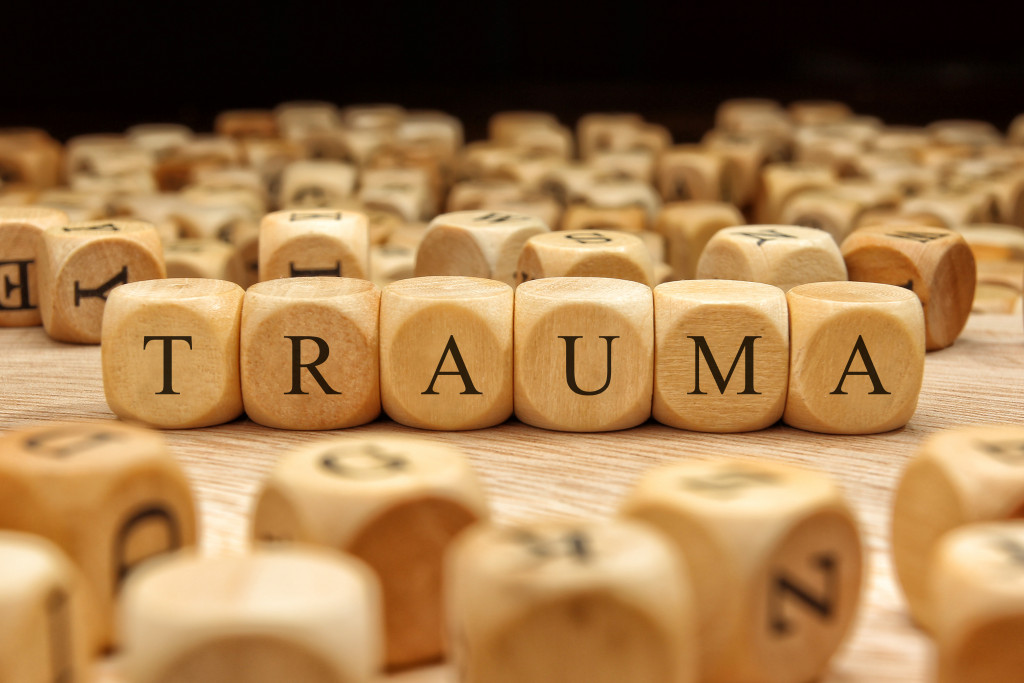• Dissociative disorders are a group of mental health conditions where individuals become disconnected from their surroundings and reality.
• There are four dissociative disorders: depersonalization/derealization, dissociative amnesia, DID, and acute dissociative disorder.
• Risk factors include childhood abuse, trauma, and excessive stress.
• Treatment options include psychotherapy, medication, expressive therapy, and group therapy.
• Seeking professional help is essential if you think somebody else might suffer from a dissociative disorder.
Have you ever experienced the feeling of being detached from your surroundings or feeling like you’re out of your body? These feelings are common in everyday life, but when they become persistent, they can indicate a mental health condition known as a dissociative disorder. Dissociative disorders are not as well-known as other mental health disorders, but they are just as real and can cause individuals to feel utterly detached from reality. Here are the different types of dissociative disorders, their symptoms, and possible treatment options.
What are Dissociative Disorders?
Dissociative disorders are a group of mental health conditions where individuals feel disconnected from themselves, their surroundings, or reality. There are four main types of dissociative disorders: dissociative amnesia, dissociative identity disorder (DID), depersonalization-derealization disorder, and acute dissociative disorders.
Depersonalization/Derealization Disorder
This dissociative disorder is characterized by a persistent sense of detachment from oneself (depersonalization) and the surrounding environment or reality (derealization). This can cause feelings of being in a dreamlike state or being a spectator in one’s life. This condition can be triggered by severe stress or traumatic events.

Dissociative Amnesia
Dissociative Amnesia is characterized by an inability to remember important personal information, especially regarding traumatic or stressful life events. It is often a way for individuals to protect themselves from emotional pain. It can be challenging for the individual to recall details of their life, and they may be unaware of their memory lapses.
Dissociative Identity Disorder (DID)
Previously known as multiple personality disorder, this condition claims that the individual has multiple alters (or personalities) that take over control of the person’s behavior, thoughts, and emotions. The identities may or may not be aware of each other. It is often caused by severe childhood trauma.
Acute Dissociative Disorder
This type of condition involves a single episode of a dissociative state that can be triggered by a traumatic event, suggesting that dissociative symptoms serve as a coping mechanism.
Risk Factors
Anyone can develop a dissociative disorder, but certain risk factors can increase the likelihood of developing one. These include:
Abuse
One of the most common causes of dissociative disorders is childhood abuse. Physical, emotional, and sexual abuse can all contribute to the development of a disorder.

Trauma
Experiencing trauma at any point in life may lead to the development of a dissociative disorder. This could be in the form of war experiences, natural disasters, or any other traumatic event.
Stress
Excessive stress can also lead to a dissociative disorder, as it often leads people to try to escape from reality to cope with their emotions and thoughts.
Treatment Options
There are various treatment options for the disorder. Here are some of them:
Psychotherapy
Dissociative disorders are best treated with psychotherapy. Therapy helps individuals with dissociative disorders better understand their symptoms, discover healthy coping mechanisms, and develop strategies for managing dissociative symptoms.
Different types of psychotherapy are effective, including cognitive therapy, psychoanalytic therapy, cognitive-behavioral therapy (CBT), and eye movement desensitization and reprocessing. An experienced intensive outpatient therapist can only do this treatment option. The therapist will know how to approach the treatment best and what works for the individual. They can also do it as safely as possible.
Medication
Medication can help manage specific symptoms associated with dissociative disorders. Antidepressants and anti-anxiety medications are common treatments that can reduce the severity of symptoms. However, medication alone is not effective for treating dissociative disorders since it does not address the root causes of the condition.
Expressive Therapy
Expressive therapy uses creative arts like poetry, storytelling, music, dance, or art-making to help individuals express their emotions and gain insights into their symptoms. There’s also evidence that suggests expressive therapy can be an effective treatment for dissociative disorders. These therapies allow people to discover their true selves in a safe space where they can express themselves freely.
Group Therapy
Group therapy can be an excellent tool for dissociative disorder treatment. Group therapy can provide a safe space where people can share their experiences, learn coping skills for dissociative symptoms, and receive support from others in similar situations. During group therapy, people can build a sense of community, develop a sense of belonging, and develop interpersonal skills.
Dissociative disorders are a real and severe mental health issue that affects many individuals. People can manage their symptoms with the proper treatment and lead healthy, fulfilling lives. If you think you may be suffering from a dissociative disorder or know someone who might be, it’s essential to seek professional help. A qualified therapist will be able to assess the situation and offer the best advice for treatment.

